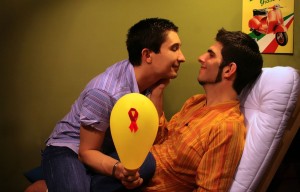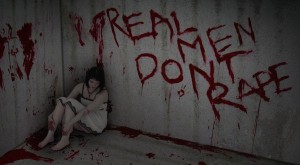Psychosexual dysfunctions in Italy
The story of Italian society reconciling its history and values with psychosexual dysfunctions that are antithetical to its honorable reputation is most fascinating. In 1970, Academy Award winning director Bernardo Bertolucci directed The Conformist. The film deals with Marcello Clerici, an Italian whose homosexuality creates a pathological obsession to be vindicated by overzealously supporting the supposed tradition and order represented by the fascist movement of Mussolini. Many Italians flatter themselves by considering their land as the cradle of not just European culture, but of the rest of the world. Ancient Italian civilizations, such as the Romans, and its contribution to architecture, philosophy, warfare, politics, and art remain the basis of civilizations. Much like the protagonist in The Conformist, Italy has long been trying to reconcile the imperfection that psychosexual dysfunctions are viewed to represent with its perception as being an infallible nation cultivated on tradition, order, and culture. As a result of this discrepancy between imagery and reality, the acceptance and diagnosis of psychosexual dysfunctions in Italy has been slow because it conflicts with the Italian ideal.

In a 2006 survey conducted by the Italian daily newspaper Corriere della Sera (Evening Courier), 87.8% of Italians identified themselves as Roman Catholic. It is impossible to discuss psychosexual dysfunctions on a societal level in Italy without discussing the institutional importance of the Catholic Church. Though the processes of globalization, demographic shifts, and state-level secularization have all contributed to the weakened political influence of the Church, the role of religious values on Italian societies understanding of psychosexuality cannot be disputed. For centuries, the Church’s moral righteousness and condemnations were more influential than (more…)



